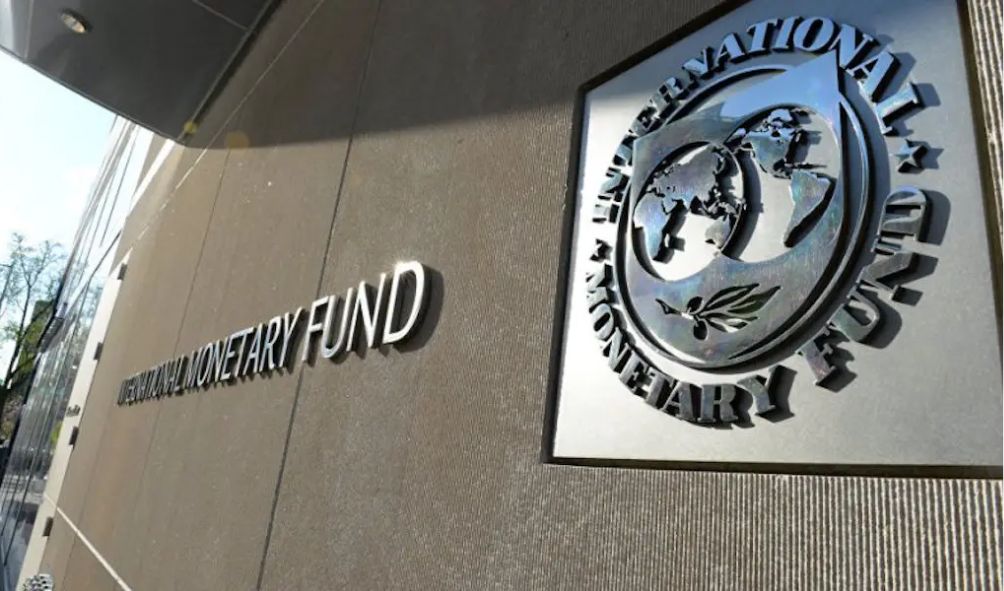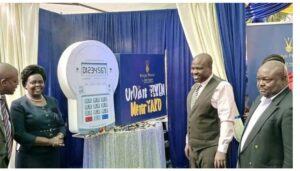IMF pushes Ruto to stop zero-rating of value-added tax (VAT) on goods

The price of basic goods set to increase as IMF pushes President Ruto to drop reliefs on consumption (zero-rating of value-added tax, VAT)
The price of basic goods set to increase as IMF pushes President Ruto to drop reliefs on consumption (zero-rating of value-added tax, VAT).
As the Ruto government appears to capitulate to ten-year-old pressure from the International Monetary Fund to abandon broad reliefs on consumption, the cost of necessary products and services is expected to rise in a proposed reform of taxes legislation.
Njuguna Ndung’u, the Treasury Secretary, has revealed a plan to end the zero-rating of value-added tax (VAT) on the sale of a number of items, including maize flour, cooking gas, regular bread, medications, agricultural pest management products, and animal feeds.
Additionally, the proposed revision will increase the price of necessities like locally made mobile phones, motorbikes, electric bicycles, solar batteries, and electric buses, all of which currently have a zero percent VAT charge.
According to the draft Medium Term Revenue Strategy, which will take effect in July 2024, zero-rating for VAT purposes would only be allowed for exports of goods and services, while raw goods will be exempt.
The full implementation of the IMF-backed revisions that revamped the VAT Act in 2023 will coincide with the introduction of extensive modifications to consumption tax regulations.
The IMF has for about a decade now been pushing reforms aimed at taxing all goods, with the vulnerable households to be cushioned through social protection programmes.
Brace yourself for more pain as the Treasury proposes an increase of VAT tax to 18 percent
Payslip pain for all salaried workers as government mulls withdrawal of tax relief on PAYE
World Bank request for data on Kenyan roads
World Bank takes a U-turn, warns Ruto against new taxes
Ruto mulls return of minimum tax declared illegal under Uhuru Kenyatta
The doubling of VAT on fuel to 16 percent in July, after multiple failed attempts in the past, is part of those reforms.
“First Schedule (exemption) and Second Schedule (zero-rating) to the VAT Act will be reviewed to rationalize the exempt and zero-rated supplies and align the VAT system to the destination principle as well as other international best practices,” Prof Ndung’u wrote in the draft revenue strategy.
“The review shall limit zero rating to exports and remove all VAT exemptions except for unprocessed goods.”
The Ruto administration has pledged to “develop an appropriate strategy to address the tax burden on essential goods and services.”
The Treasury argues that the policy on zero-rating and exemption in the VAT tax system has over the years eroded government revenue, with collections underperforming potential by nearly 40 percent.
The Treasury estimated last year that tax concessions on domestic VAT — paid by traders with annual sales of more than Sh5 million— dropped to Sh211.94 billion in 2021 from Sh234.38 billion in 2020.
Domestic VAT, however, accounted for 82.29 percent of the Sh259.51 billion revenue forgone by the Kenya Revenue Authority in 2021.
Also read,
CS Kuria misses yet another key US trade talks
Museveni defiant as US stops Uganda imports under Agoa over anti-LGBTQ law
Inside President Ruto’s State Visit to the US
Defiant expelled ODM MPs meets Ruto at State House
Libya floods death toll rises to 6,000 with numbers expected to ‘double’
Kenya outranks US and China in democracy ranking
Follow us





